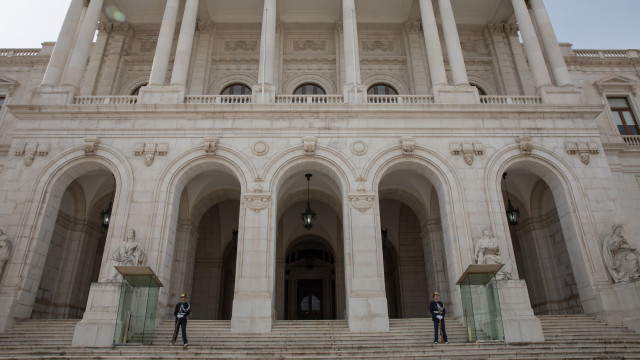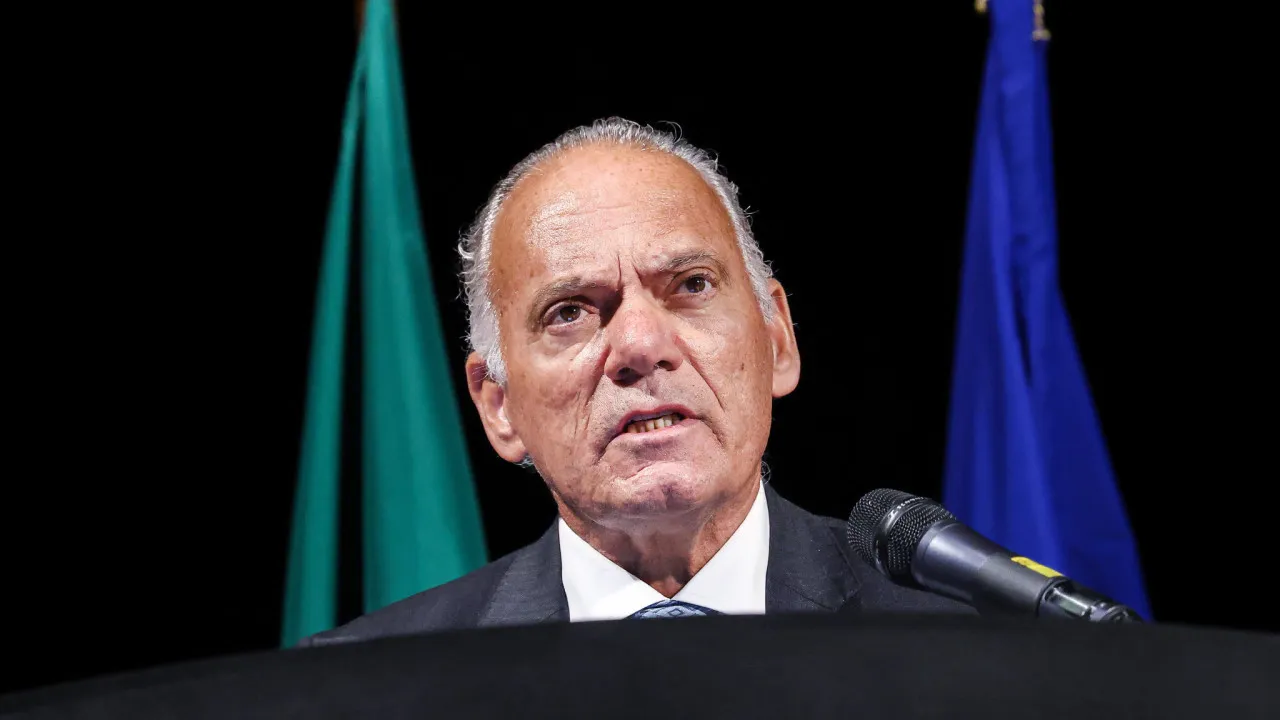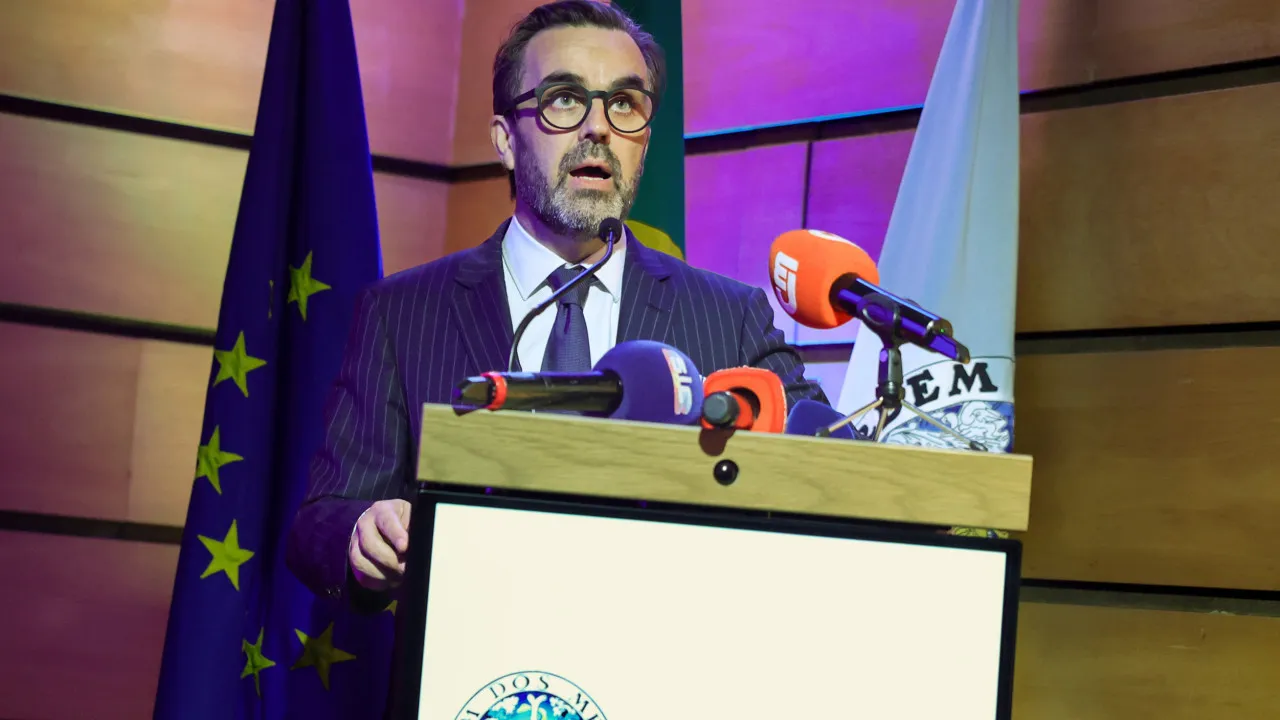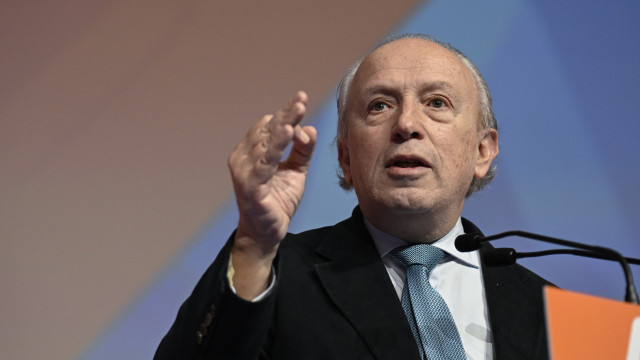
Theater invites us to look beyond our personal journey, according to the author of “The Signs of Fear,” who advocates for a greater presence of women on stage as creators and performers. She warns of the resurgence of racism, xenophobia, homophobia, and sexism, oppressive forces threatening individuals and societies. Theater, she asserts, holds the power of resistance and truth.
In her message for World Theater Day, the actress and writer highlights “the invaluable role of women in culture,” which cannot be “ignored” or “erased,” and calls for increased female participation in dramaturgical work.
“We want to see more texts addressing women’s issues, more female directors, set designers, costume designers, and complex female characters rich in depth, allowing our actresses to explore their full potential, and more women in theater leadership roles.”
“At a time when racism, xenophobia, homophobia, and sexism are reemerging alarmingly, we cannot afford to remain silent. These divisive and oppressive forces threaten not only individuals but the very fabric of our societies. In the face of darkness, art—especially theater—has the power to be a beacon of resistance, truth, and transformation,” states Zanatti.
“In theater, there are no borders or divisions among humans,” Zanatti attests, adding, “In theater, we fight for justice, challenge blindness and obstinacy, whether through laughter, poetic text, realistic or surreal dialogue. The curtain rises not to lead us to an escape space, but to invite emotional experience and intellectual stimulation.”
“Theater breaks down walls, is avant-garde, confronts fears, and incorporates literature, poetry, painting, music, and other arts, serving as a powerful agent of change. Theater and its masks reveal truths,” the actress asserts.
Ana Zanatti, a cinema and theater actress known for drama and comedy, who has performed on revue stages and in TV series like “Vila Faia,” and played roles in works by Luigi Pirandello and Peter Shaffer, as well as starred in “O Lugar do Morto” by António-Pedro Vasconcelos, emphasizes that theater “is a huge mirror where realities confront, prejudices are challenged, and new futures are inspired.”
Theater, she notes, “reflects who we are, a space where our deepest struggles, concerns, and hopes come to life.”
“Through words, gestures, expressions of a glance, a body, costumes, set, light, and sound, theater provokes the world, stimulates, questions, subverts, entertains, applauds, critiques, surprises, awakens,” writes the actress.
In closing, Zanatti reflects on herself: “I no longer climb trees and I’ve been on stage less. But my voice rises, today and always, to join yours, as we shout proudly and firmly: Long live Theater!”
World Theater Day has been celebrated on March 27 since 1961, an initiative of the International Theater Institute, a partner of UNESCO.
Today, amid premieres, staged readings, and revivals, various theatrical companies and venues in Portugal will mark the occasion, with an international message questioning whether this art can address social and environmental challenges.
In Lisbon, the event is commemorated with the inauguration of Sala Estúdio Valentim de Barros, in the Jardins do Bombarda, on the grounds of the former Hospital Miguel Bombarda, an initiative of Teatro Nacional D. Maria II, in partnership with Largo Residências and the Unidade Local de Saúde São José.
For World Theater Day, A Barraca reprises “Amor é um fogo que arde sem se ver…” by Maria do Céu Guerra and Hélder Mateus da Costa, guided by Camões, and Artistas Unidos, still without their own space, propose radio theater with “Uma solidão demasiado ruidosa,” based on Bohumil Hrabal’s novel, at 19:00 on Antena 2, in the “Teatro Sem Fios” segment.
In the north, Fernando Gomes wrote, directed, and acts in “Chaimite, um possível musical,” running until April 12 at Teatro Municipal Sá de Miranda in Viana do Castelo.
In Porto, Teatro Nacional São João commemorates the day with various initiatives, inviting the public to guided tours and an open rehearsal of the upcoming production, “Hamlet,” directed by Nuno Cardoso, which premieres in April.
The exhibition “Liberdade! Liberdade! A revolução no Teatro,” on theater’s role in transitioning from dictatorship to democracy, an initiative of the Museu Nacional do Teatro e da Dança with support from the Comissão Comemorativa 50 anos 25 de Abril, opens today in Porto, at Clube Fenianos Portuenses, and in Setúbal, at Fórum Municipal Luísa Todi.
The Centro Dramático de Évora (Cendrev) hosts the presentation of “A Festa” by Teatro das Beiras in the Alentejo city and brings “Embarcação do Inferno,” co-produced with Escola da Noite, to Coimbra.
In Caldas da Rainha, Teatro da Rainha starts the Pimentíada cycle, focused on Alberto Pimenta’s work, with stagings, musical compositions, readings, projections, and a colloquium, running until April 5, an “explosive celebration” to “shake the pond of routine ‘commemorativism’.”




